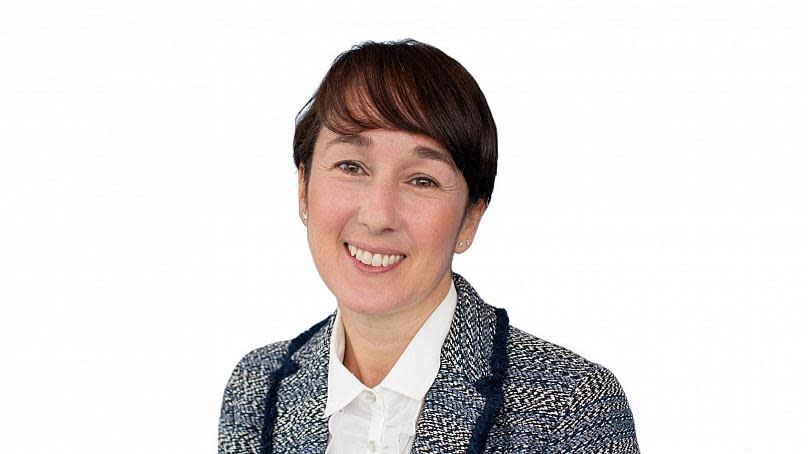The future of water: How can Europe fight the climate crisis?

Water is life, but climate change poses a major threat to this precious resource in Europe and beyond.
And as global temperatures rise, harsher droughts are set to further impact supply and access to clean water.
Worldwide, one in ten people don't have access to a clean water source close to their home, which threatens their health and pushes communities into poverty. And with the global population predicted to increase into the second half of the century, competition for water resources is only going to get worse.
More extreme weather events, including flooding, are predicted in the future too, while contaminants such as fertiliser could also make their way into waterways - impacting nature and supply sources for humans.
The impact of water scarcity on business
The fallout of water scarcity for infrastructure and industry is also huge. For sectors like agriculture, which, according to the World Bank Group, uses around 70 percent of global freshwater, the stakes are high.
But all businesses are under increasing pressure to demonstrate that they are serious about sustainability, including the responsible use and management of water.
This pressure is coming not only from governments and within industries, but also from increasingly green-minded consumers who are not afraid to call out so-called ‘green-washers.’
After a dry winter, how is Portugal learning to live with drought?
'Forever chemicals': How toxic are the levels of PFAS found in French tap water and breast milk?
Water security in Europe

So, what does this all mean for future water security in Europe and beyond? And how can demand for water be balanced with supply?
As part of Euronews’ Green Week, we’ll be putting these important questions and more to a panel of experts in a special live, virtual debate.
Our panel will be exploring what European governments and industry bodies are doing to mitigate their impacts and how innovation and technology can help to build resilience to water scarcity.
They will also be discussing where investment streams and support will come from, and how governments can work together to change deep-rooted mindsets and behaviours regarding water use.
The role of businesses will also be explored, including how organisations can satisfy growing sustainability demands and expectations, called for by their increasingly eco-conscious customers.
Join us for the live debate on Wednesday 1 June 2022, at 3pm - 4pm (CEST). As part of the debate there will be a live Q&A. If you’d like to ask any of our panellists a question, please submit it via the box below.
Meet the panellists:

Sol Oyuela - Global Director of Policy and Campaigns, WaterAid
Sol Oyuela joined WaterAid in 2019 and launched the non-profit's first global Water and Climate Campaign. She advocates to put hygiene and access to clean water at the centre of the global response to COVID-19.
Sol previously worked as Director of Advocacy at Unicef UK and will be speaking from Buenos Aires.

Juan Pardo Martinez, Director of Research & Development Department, Novagric
Juan Pardo Martinez is an agronomist engineer at the Polytechnic University of Cartagena (UPCT). Since 2005, his work has been incorporated into the technical department of Novagric, a company supplying equipment for intensive agriculture.
Juan is involved in more than 10 national and European technology projects relating to intensive agriculture and will be speaking from Spain.

Assita Kanko, Belgian MEP and Member of the Parliamentary Group on Water
Assita has been an MEP for Belgium since 2019. Assita is also Vice-Chair of the European Conservatives and Reformists Group, a Member of the Parliamentary Group on Water, and Shadow Rapporteur for a draft report entitled Access to Water as a Human Right - the External Dimension.
She is a published author, newspaper columnist & women’s rights advocate. Assita will be speaking from Brussels.

Professor Justin Sheffield, Head of the School of Geography and Environmental Science, University of Southampton
Justin Sheffield is a Professor of Hydrology and Remote Sensing at the University of Southampton, UK. His research focuses on large-scale hydrology and its interactions with climate variability and change.
Justin has advanced hydrologically coherent analyses of drought, and carried out pioneering work in the development of integrated drought monitoring tools for food-insecure countries. He will be speaking from the UK.

 Yahoo News
Yahoo News 



